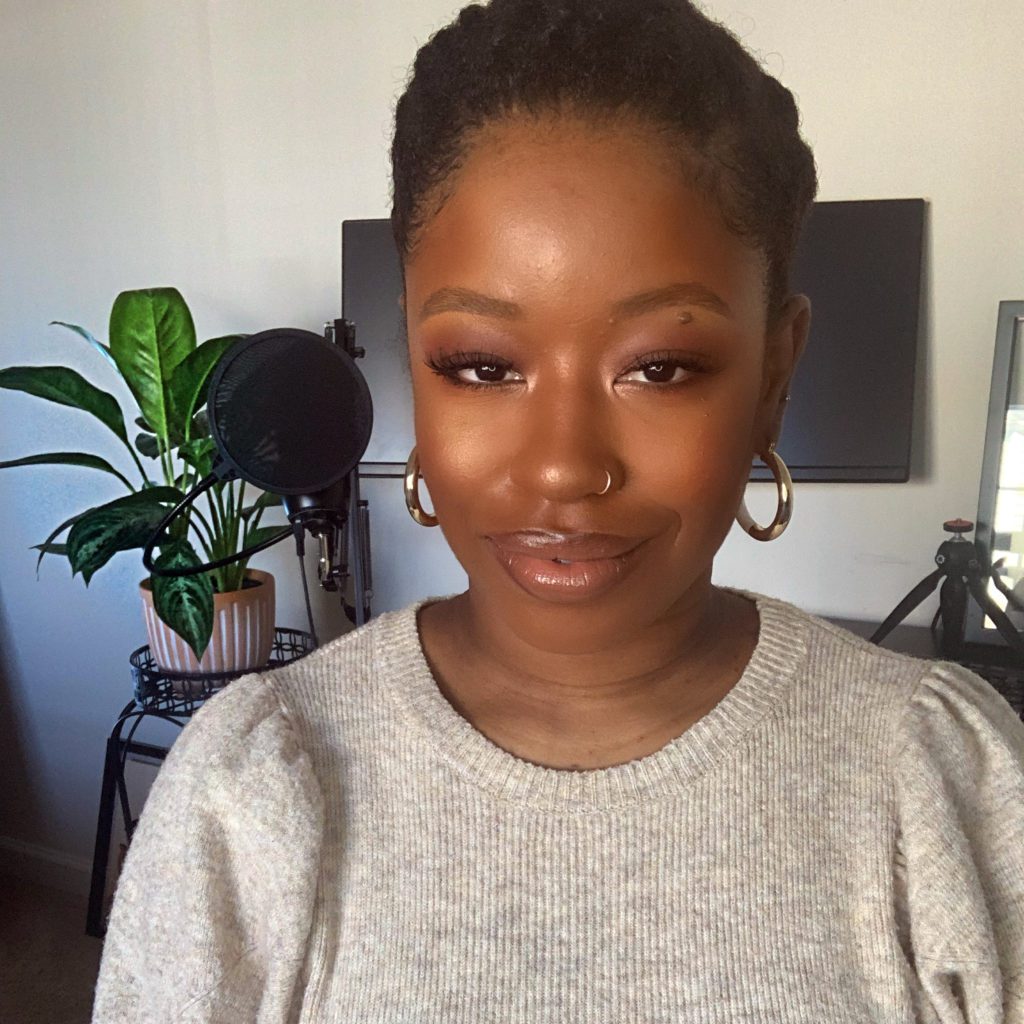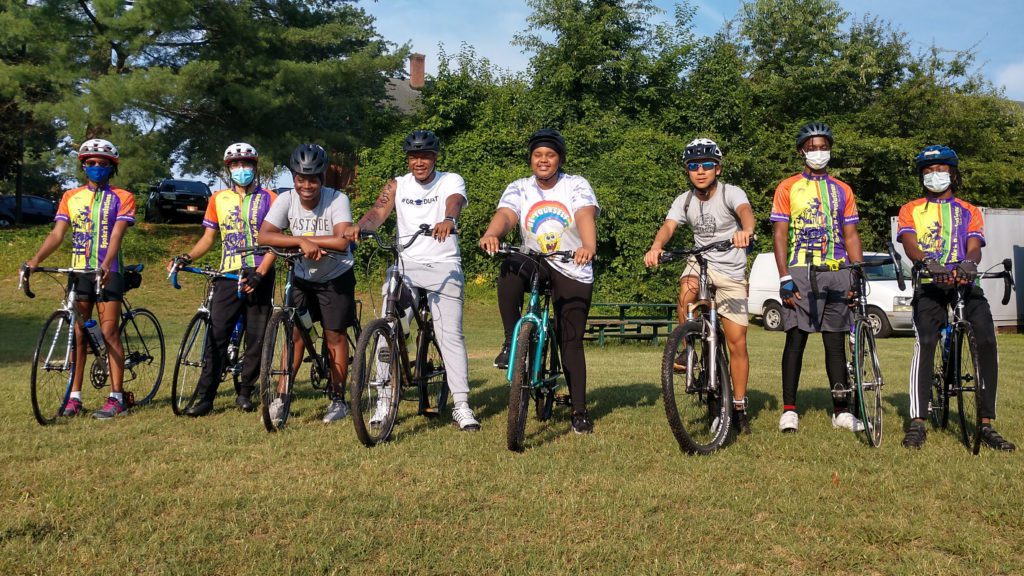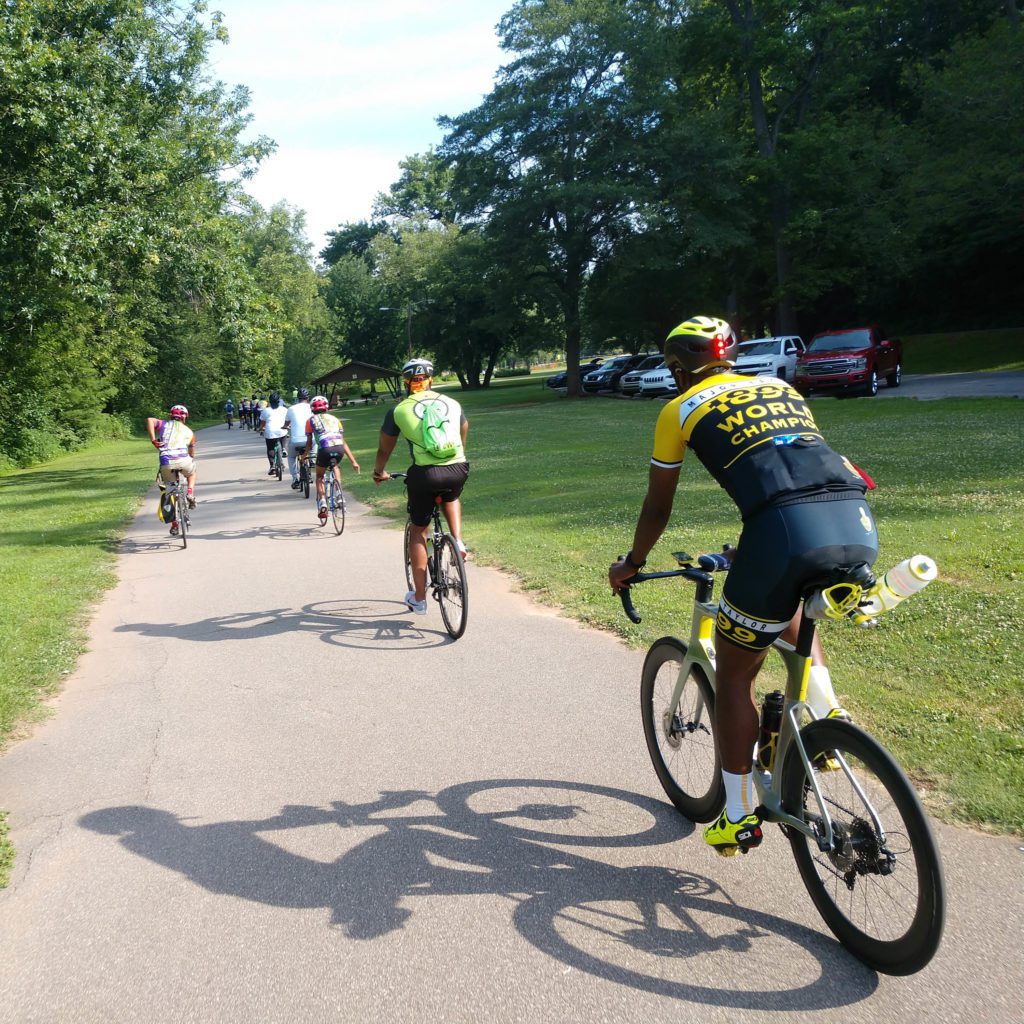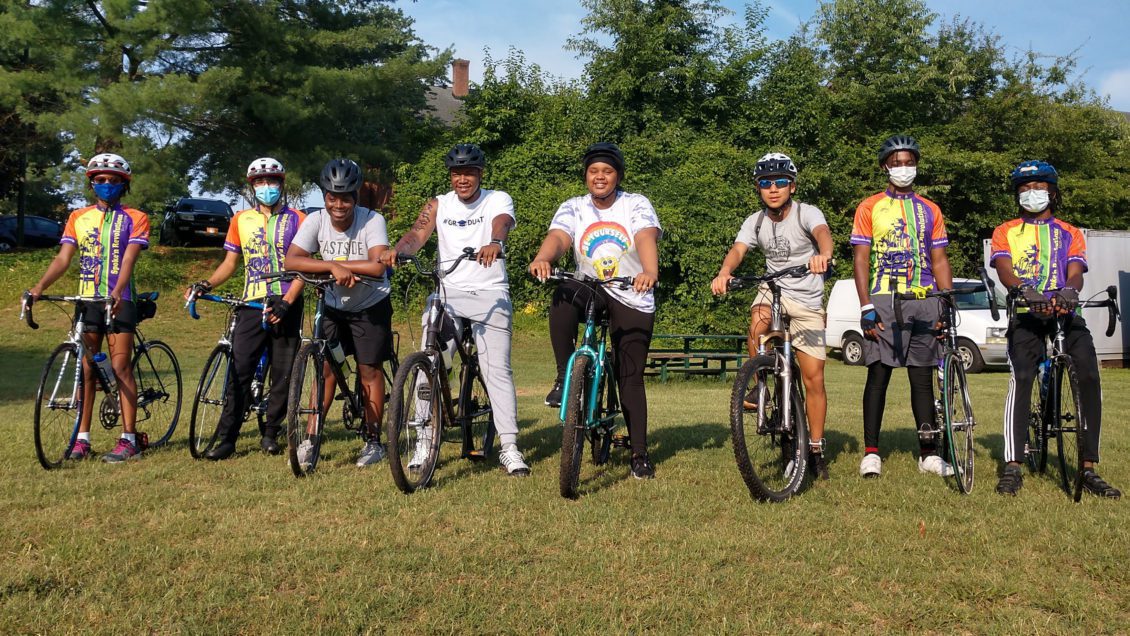When Anitra Alexander enrolled as a master’s student at Clemson University, she had planned to study how faith-based organizations can better equip their volunteers and mentors to support the mental health of the youth they serve. The death and brutality against marginalized communities last summer, however, shifted her perspective.
“When the incidents with George Floyd, Breonna Taylor and others hit, it all brought what I was doing to a halt,” Alexander said. “I found that I was struggling with it all, especially in terms of my personal mental health, but I was able to find an outlet in writing about what I was feeling.”
Alexander was experiencing and processing racial trauma, an emotional injury that often follows encounters with racism, bias, discrimination or physical harm towards Black, Indigenous and people of color (BIPOC). She was also not alone, with the American Psychological Association releasing a statement in May 2020 expressing concern about the heavy psychological toll inflicted by consistent, high profile violent events targeting African Americans.
David Taylor, a youth development researcher who serves as director of Momentum Bike Clubs (MBC), noticed that many of his program participants were feeling the same effects that Alexander reported. MBC is a community initiative that uses cycling to foster and sustain mentoring relationships with youth, and Taylor saw that those youth participants needed a safe space to discuss what was happening in the world around them.
“It’s not enough for me to be a white ally and offer a supportive word or a listening ear,” Taylor said. “Our participants needed to be able to speak with trusted BIPOC mentors who not only intellectually know the trauma; they know it at the core of their beings because they have lived it themselves.”
Alexander and Taylor joined forces to pull together other experts on race and social justice at the University, including researchers at the REYSE Collaboratory, to develop Artistically Reshaping Trauma (ART)+Circles, a group-mentoring program designed to build community and help BIPOC youth overcome racial trauma, find their voices and increase their understanding of their capacity to enact social change.
MBC and ART+Circles recruited a diverse group of 22 high school students who met in a virtual setting every second and fourth Sunday afternoon over a 12-week period, where they participated in arts-based activities led by nationally renowned BIPOC artists in a safe, supportive environment. They also shared their experiences and perspectives about racism, discrimination and power structures and were shown how to use art to process racial and other forms of trauma through mediums such as poetry, hip hop music and photography.
Asha Marie, an undergraduate student at Furman University who facilitated the biweekly sessions, said students built connections with one another right away.
“The conversations we’ve had are impactful and these spaces are so much more meaningful than I can put into words right now,” Marie said. “It’s insightful to see how younger people are processing these contemporary moments and how they’re able to unpack their experiences and see them through different perspectives.”

Alexander added that those connections quickly led to meaningful dialogue where participants felt safe to explore more controversial opinions and experiences, while still creating opportunities for people to see each other’s points of view.
“We really started seeing differences in opinion when we started discussing the George Floyd trial, but it was amazing to see how even though they saw it differently, they were able to dialogue about it in such a positive and constructive way,” Alexander said. “You could see light bulbs go off in some of the participants where they would say they had never thought about it from that perspective.”
Participants progressed so quickly through the discussions that the program reached its engagement goals in its first few weeks, requiring the organizers to rework and broaden their expectations. Tavaghn Monts, who serves as associate director of MBC and ART+Circles staff lead on the project, said that this alone serves as a strong indicator of the need for youth to have safe spaces to be able to articulate what they’re seeing and how they’re feeling.
“These youth have shown us that they are very self-aware and also very aware of the details of their surroundings and how to articulate what they’re seeing and what they’re feeling,” Monts said. “We’re giving them somewhere to go talk about it and to see how they can use their experiences to effect positive change.”
Monts said that the participants’ willingness to have courageous conversations about topics they are dealing with in their communities and at school has also given them a better understanding of what tools or knowledge they may need to work through different types of racial bias. For example, after a student asked the group if they could be racist against other people of color, Clemson researcher Corliss Outley, who specializes in race, ethnicity, social equity and youth development, worked with the group to define constructs such as racism, prejudices and stereotypes.

Monts said that knowing the differences between racial justice terms is important, because it equips participants with a better understanding of their own actions or experiences with other people of color. That experience then allows participants to further open up about similar things they have been through and what they have done in an honest way.
Monts and Alexander plan to use these discussions as a springboard to developing methods that help youth cope with racial experiences in the future, while also learning how to apply their knowledge to activism, community organization and civic action. The program culminated in a bike ride on June 19, also known as Juneteenth, which commemorates the day that a group of enslaved people in Texas learned of their freedom in 1865, almost two and a half years after the Emancipation Proclamation was signed by Abraham Lincoln.
MBC staff are already having discussions with other organizations who have expressed interest in creating similar spaces in their communities – and plan to evaluate the program’s outcomes to see if they are replicable.
Alexander sees a great deal of potential for growth in the program in the future.
“A strength of this program is that it feeds a desire we all have to connect with people,” Alexander said. “We can’t underestimate the importance of giving our BIPOC youth a space to talk, engage and interact with people that will understand and listen.”

Race and social justice will also continue to be a focus of Alexander’s work as she begins her Ph.D. in the Applied Social and Community Psychology program at North Carolina State University this fall, where she plans to broadly examine the lived experiences of Black youth and the psychological and sociological factors that impact healthy community engagement, including racism and discrimination.
“I see myself very much in the future wanting to engage in participatory action research and working alongside communities so that the work I do supports their needs,” Alexander said. “This project has definitely helped me examine the way I do research and how I want to engage in research in a different way as a future scholar. It’s been a great learning experience.”
ART+Circles was funded by Dabo’s All In Team Foundation, the ScanSource Charitable Foundation and AFL.
The Department of Parks, Recreation and Tourism Management is part of the University’s College of Behavioral, Social and Health Sciences (CBSHS). Established in July 2016, CBSHS is a 21st-century, land-grant college that combines work in seven disciplines – communication; nursing; parks, recreation and tourism management; political science; psychology; public health sciences; sociology, anthropology and criminal justice – to further its mission of “building people and communities” in South Carolina and beyond.
Get in touch and we will connect you with the author or another expert.
Or email us at news@clemson.edu

